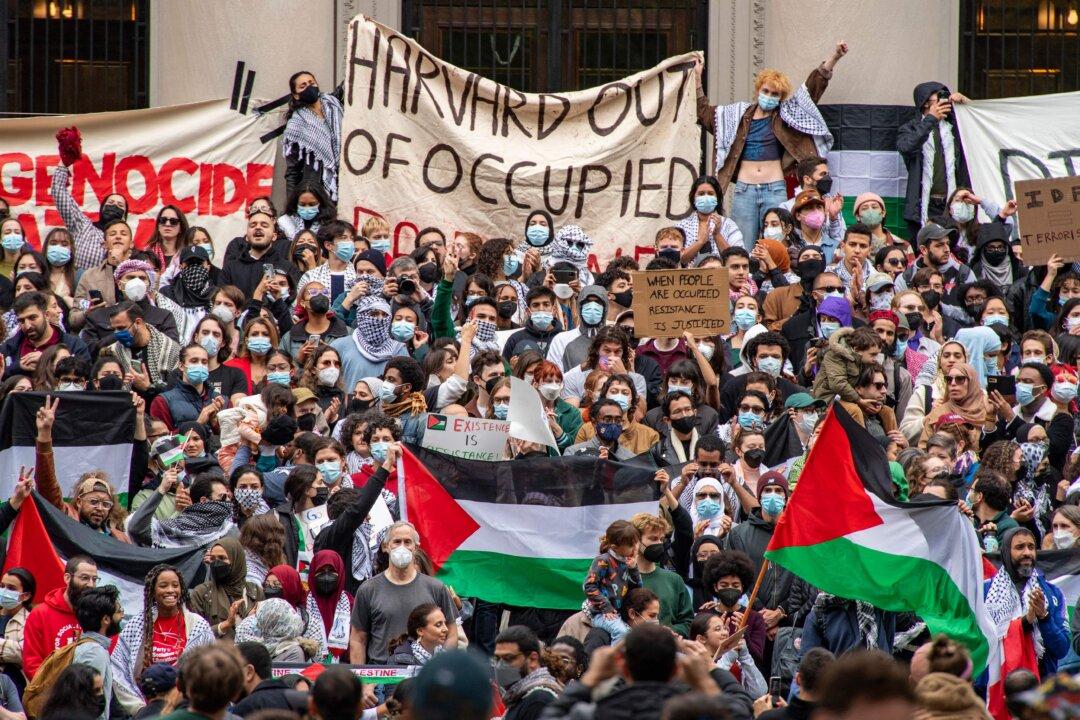Commentary
As the controversy grows over three university presidents refusing on Dec. 5 to clearly condemn advocacy of genocide against Jewish people as contrary to their codes of conduct, the highly partisan political battle moved from the halls of Congress to the halls of Penn, where its president, Liz Magill, resigned on Dec. 9, and onward to Harvard, where high-profile calls for the removal of President Claudine Gay were rejected by the university’s board.





